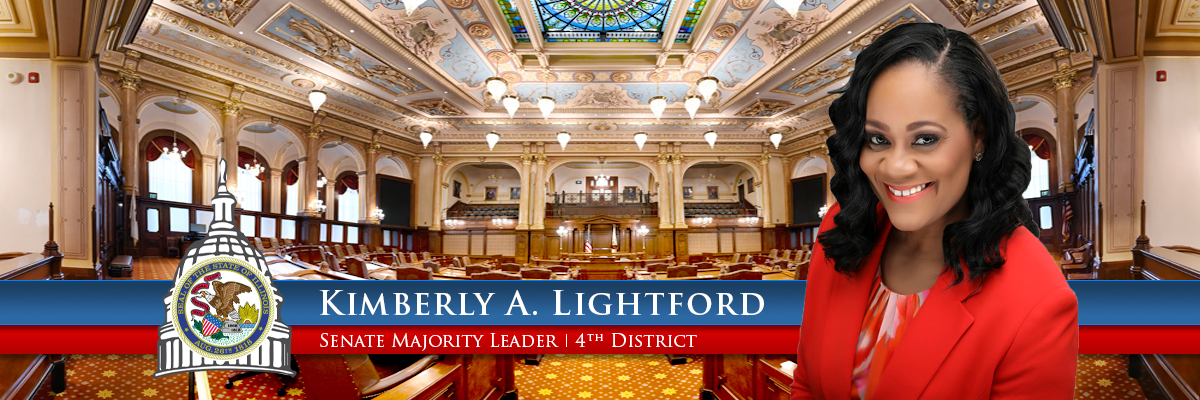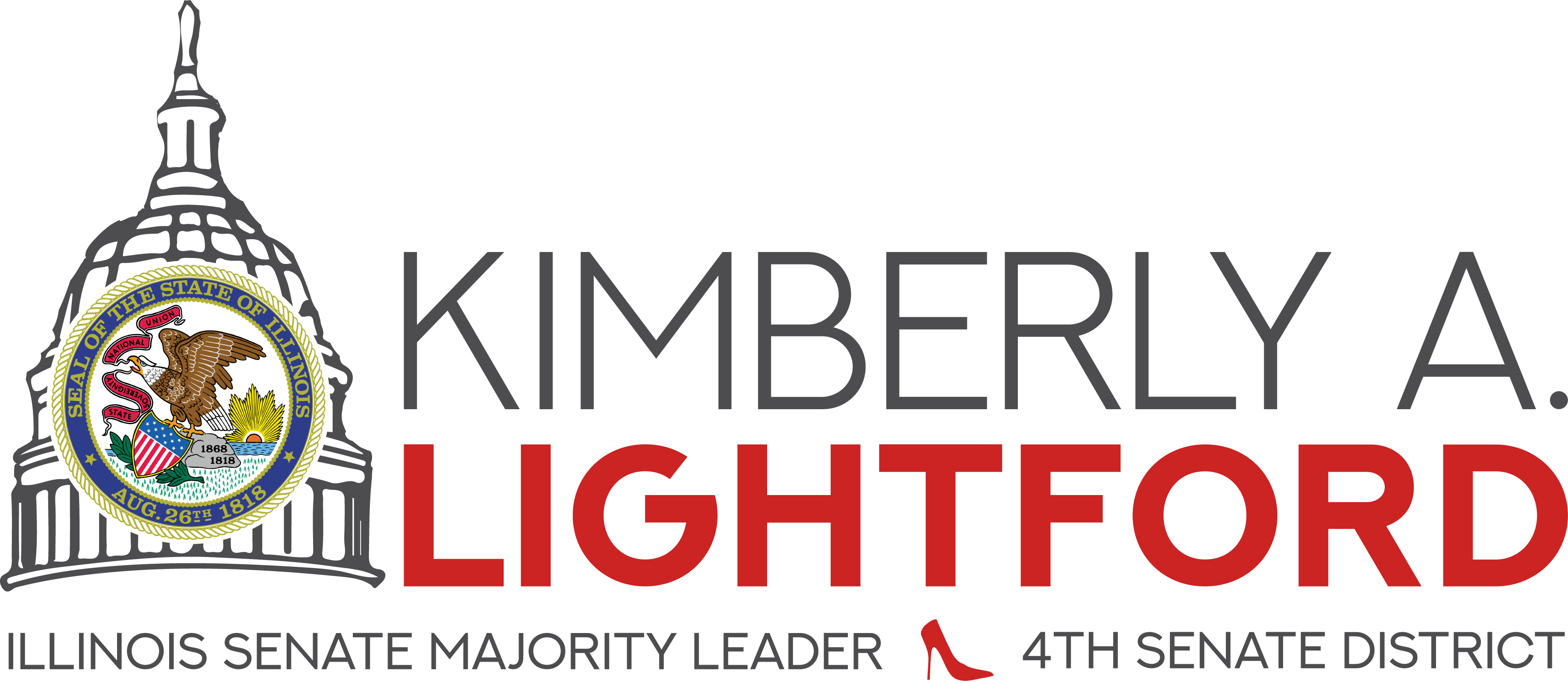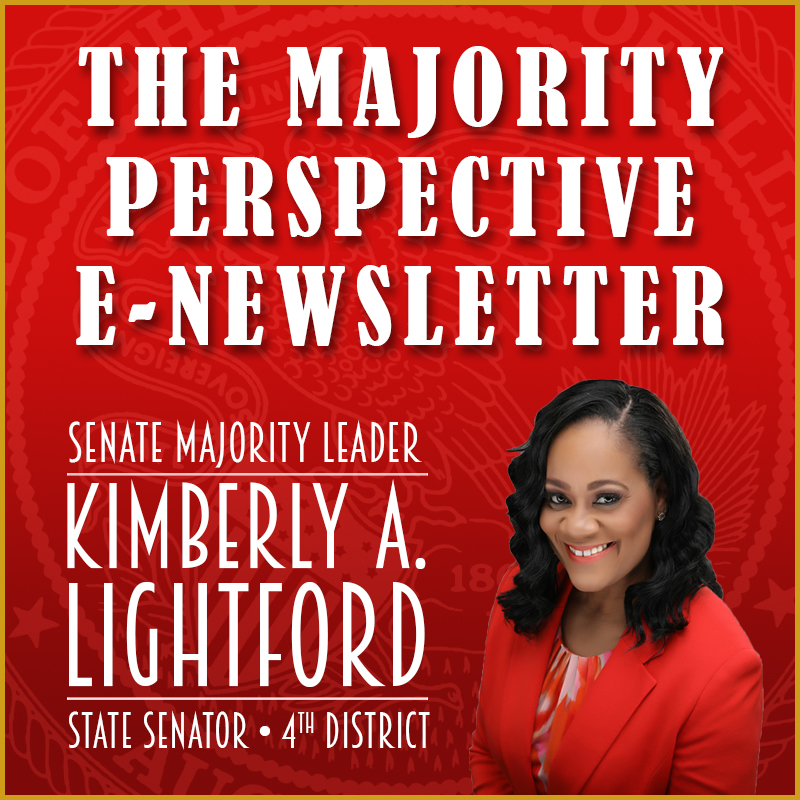- Details
- Category: News
 SPRINGFIELD – A plan led by Assistant Majority Leader Kimberly A. Lightford (D-Maywood) would reduce penalties from a Class A misdemeanor to a traffic citation for individuals driving with a suspended license due to unpaid parking fines, automated camera enforcement or unpaid child support.
SPRINGFIELD – A plan led by Assistant Majority Leader Kimberly A. Lightford (D-Maywood) would reduce penalties from a Class A misdemeanor to a traffic citation for individuals driving with a suspended license due to unpaid parking fines, automated camera enforcement or unpaid child support.
“Putting people in jail for being too poor to pay parking fines or child support is counterproductive,” Lightford said. “We should be focused on helping people get on their feet instead of making life even harder for them.”
Currently, a person who drives a motor vehicle while their license or permit is suspended or revoked for such offenses may be guilty of a Class A misdemeanor, which can result in a sentence of up to one year in jail. This penalty is the same for those whose license was suspended for a DUI.
- Details
- Category: News
 SPRINGFIELD – A proposal from Illinois Senate Assistant Majority Leader Kimberly A. Lightford (D-Maywood) would implement a pilot program to make parenting courses part of the health education curriculum for high school students.
SPRINGFIELD – A proposal from Illinois Senate Assistant Majority Leader Kimberly A. Lightford (D-Maywood) would implement a pilot program to make parenting courses part of the health education curriculum for high school students.
“We currently do not offer courses that teach young people about raising children and having healthy relationships as adults,” Lightford said. “These lessons are important in making sure our young people are making responsible decisions.”
House Bill 4442 requires the State Board of Education to administer a three-year pilot program providing support to school districts that utilize a unit of instruction on parenting education.
- Details
- Category: News
 SPRINGFIELD – Assistant Majority Leader Kimberly A. Lightford (D-Maywood) supported the Senate’s FY 19 state budget Wednesday to give certainty and stability to state programs.
SPRINGFIELD – Assistant Majority Leader Kimberly A. Lightford (D-Maywood) supported the Senate’s FY 19 state budget Wednesday to give certainty and stability to state programs.
“It is extremely important that we maintain our commitment to education, find ways to rebuild our public universities and maintain services that are vital to our communities,” Lightford said. “The past three years were hard on our most vulnerable populations, and this budget is a direct result of the rank-and-file lawmakers to put our state back on the right track on behalf of the people of Illinois.”
The Senate budget includes a funding increase of $350 million in K-12 funding, which keeps up with the state’s commitment to the new evidence-based funding formula that was approved last year. This investment ensures no school district will receive less money than last year, and many will receive additional funding through the formula’s tier-based system.
- Details
- Category: News
 SPRINGFIELD – More than half a century since the Civil Rights Act became law, workers in the United States continue to earn different wages based on their race.
SPRINGFIELD – More than half a century since the Civil Rights Act became law, workers in the United States continue to earn different wages based on their race.
Assistant Majority Leader Kimberly A. Lightford (D-Maywood) is fighting for legislation that would prohibit wage discrimination against African-Americans under the Equal Pay Act.
“It is unacceptable that African-Americans are being denied wages they rightfully deserve,” Lightford said. “My hope is that this legislation will provide the tools needed to close the wage gap.”
More Articles …
Page 85 of 131







